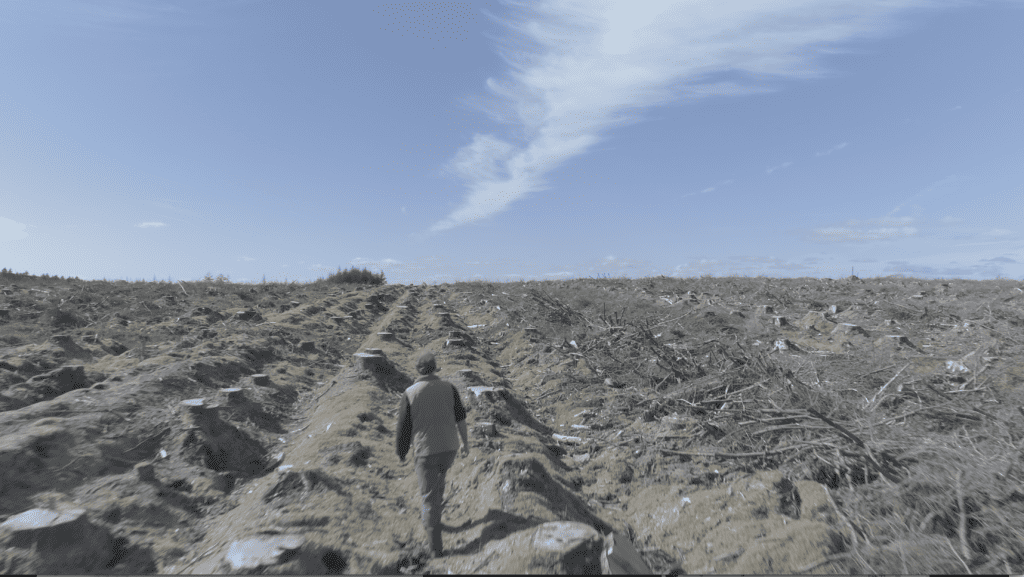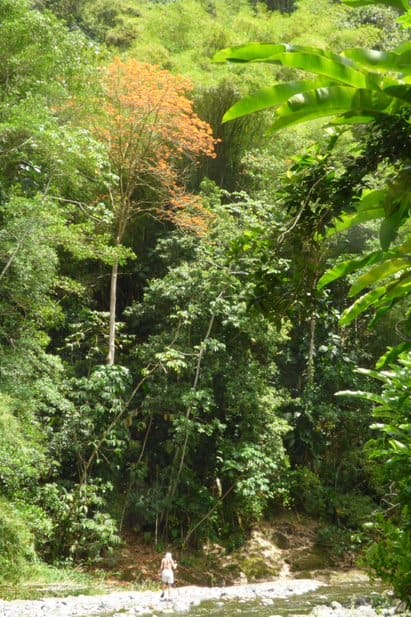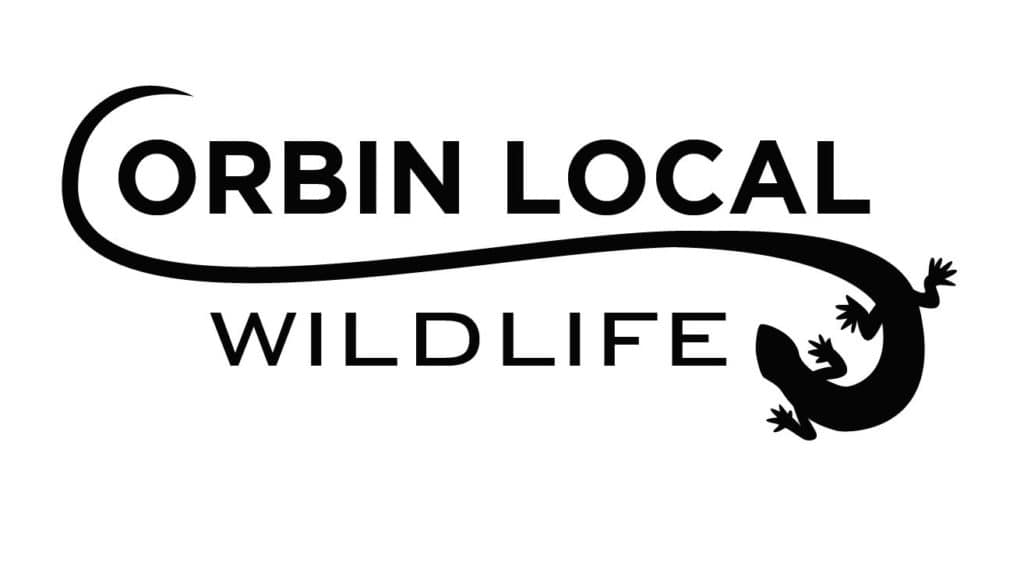For the last 6 years I have had the privilege of working with Roy Corbin and Corbin Local Wildlife Park Tobago to establish a special project designed to breed and release Tobago’s endangered wildlife into nature.
What I am doing here is not all altruistic as I have spent 25 years of my life challenging the totally unsustainable forestry program that is currently destroying Ireland’s biodiversity.
Until very recently we have only put a financial value on a forest when it has been cut down. Fortunately, as the world starts to acknowledge that without a healthy ecosystem we cannot have a healthy economy, we are finally starting to realise just how important a healthy forest is to our very survival.
The term that has been adopted to help qualify the value of nature is “Natural Capital”. This means that we are finally embracing what a forest does for us and realising it is worth many times over the value of the timber that is in it.
Forests supply us with approximately one third of the oxygen we need while also absorbing and storing carbon dioxide. Forests quite literally help create the soils we need. If we are to survive we need to conserve and protect the precious and scarce soils we have.
The forests help provide us with essential rains and help moderate our weather. They alleviate flooding and store water for times of drought. They also support a huge amount of the worlds biodiversity, from large mammals down to the microscopic fungi that are all essential to our very survival. We have only just started to appreciate how complex these cycles are and just how much we depend on them.
In Ireland, I have witnessed the collapse of an ecosystem. Many of the most diverse habitats–like bogs, marshes and wetlands–were drained and planted with alien (non-native) conifers which are trees that bear cones and needle-like or scale-like leaves that are typically evergreen.
The loss of native biodiversity was catastrophic and as such, Ireland went from rich, biodiverse habitats to “sitka deserts” (non native trees supporting very little biodiversity). The rivers were acidified, filled with silt and there is now a major problem with towns and villages being flooded downstream from these plantations. Nature doesn’t do monoculture: she demands biodiversity.

Ireland is not alone in claiming carbon credits and looking for green credentials while pursuing a programme driven by greed of planting plantations of non-native conifers designed for clearfell (commercial use).
Globally, the myth is perpetuated that monoculture of alien trees is commercially viable. This is because the current economic models don’t account for the damage to infrastructure and the job losses incurred as dark, lifeless plantations destroy habitats and separate communities.
I have seen in Ethiopia, large swathes of deserts where the local famers still have memories of the streams and the forests that were there only 20 years ago. I have also seen the joy and excitement of re-establishing forests in these barren areas and seeing the waterways and biodiversity return.
Tobago biodiversity must be conserved
To have the privilege to be living here in Tobago and wake every morning to the myriad noises of the forest, and to start to learn the complex diversity of a tropical ecosystem, is remarkable.
It is essential that communities that still have intact ecosystems learn to appreciate just how fortunate they are.
Here at Corbin Local we explain the role of the larger animals within the forests to our visitors: The manicou, who is the “garbage man” of the forest cleaning up the dead and rotten plants and critters; the snakes, keeping the rat population under control; the tattoos eating the termites along with scorpions and young snakes; the squirrels and agoutis who bury tree seeds and forget where they are; and the parrots who are such messy eaters that they are responsible for at least 60% of the seed distribution in Tobago.
This is just the tip of the iceberg in understanding just how critical ecosystems within the forest are to our very survival. It’s a sad fact that governments and large corporations are often the last to acknowledge scientific developments and environmental data. They will often continue to fund and turn a blind eye to processes and operations that are causing irreparable damage to our ecosystems. In Tobago we see backhoes and excavators pushing roads into the forests with impunity and doing untold damage to pristine rivers collecting stones and gravel.
The role of Mother Trees in Mother Nature
It is finally being acknowledged globally just how important large mother trees are within an ecosystem. Mother Trees are large trees within a forest that act as centralised hubs, supporting communication and nutrient exchange amongst trees. These trees absorb far more carbon than young trees; yet, we hang on to myths that as long as we plant three trees for every mature tree cut down, then everything will be grand. That is not the case. A mother tree is connected by a complex underground system of mycorrhizal, fungi that allows it to share information with the younger trees. This includes information that can allow trees to survive droughts and diseases. In fact, they can even pump water to trees that are stressed in a drought. These trees are priceless and we cannot afford to lose the information they possess.
It is essential that all communities act as guardians of the world’s remaining biodiversity. We need to acknowledge that gardens, public parks and community lands all have a role to play in creating a haven for wildlife.

We have to learn to celebrate weeds, for “a weed is just a flower in the wrong place!”
We have to encourage natural regeneration because our native trees and grasses support our native insects and they are the food supply for the caterpillars that brighten our lives and pollinate our fruit.
We have to stop poisoning our lands with chemicals. For example, in Ireland, the majority of her fertile soils are now too contaminated to grow trees. Yet still we consume the crops that the farmers produce, relying on more and more chemicals to produce a crop from the impoverished inert soils. I hope that Tobago can learn the from this to avoid making the same mistake.
Let us celebrate and preserve the forests, plants, animals and soils we have: – this is our only planet.






